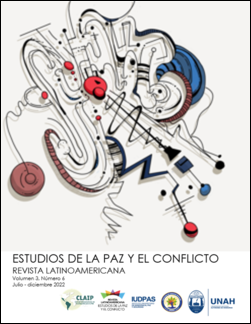Communication and culture in the digital age: between media concentration and democratization
DOI:
https://doi.org/10.5377/rlpc.v3i6.13639Keywords:
Communication, culture, media concentration, media democratization, political economy of communication and cultureAbstract
The objective of this research is to show how culture and communication are seen by society, politicians, and entrepreneurs in the digital age, and the importance of its democratization. Based on bibliographic and documentary research, and case studies, we take into consideration social, cultural, political, economic, and technological issues, verifying how the themes of Communication and Culture have been treated by science, business, and government, verifying Brazilian legislation, the initiatives of the actors involved, the strategies of media conglomerates, and the position of international organizations such as UNESCO. The research is being developed in the framework of the project "Culture, Communication, and Information in the Digital Age", with the support of FCRB. It is important to analyze the themes of Communication and Culture in the digital age based on the concentration and democratization of the Brazilian media, since the population is a media consumer. In Brazil, more than 90% of the population has open TV in their homes and more than 70% is connected to the Internet, even with all the economic and social inequalities in the country. At the same time, media control is observed in the country.
Downloads
672
HTML (Português (Brasil)) 224
XML (Português (Brasil)) 19
EPUB (Português (Brasil)) 119
Downloads
Published
How to Cite
Issue
Section
License
Copyright (c) 2022 Latin American Journal of Peace and Conflict Studies

This work is licensed under a Creative Commons Attribution 4.0 International License.
The journal's contents are published under a Creative Commons Attribution 4.0 license (CC BY 4.0). This license allows third parties to share (copy and redistribute the material in any medium or format) and adapt (remix, transform and create from the material for any purpose, including commercial), as long as the authorship and first publication in this journal (Revista Latinoamericana Estudios de la Paz y el Conflicto, Universidad Nacional Autónoma de Honduras - Consejo Latinoamericano de Investigación para la Paz, DOI of the work) is acknowledged, a link to the license is provided and it is indicated if changes have been made to the original. The terms of the license are available online at http://creativecommons.org.




